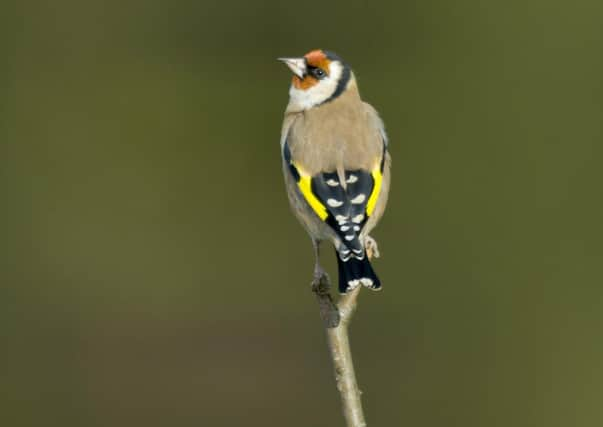Looking after our birds


Wild birds such as robins, blackbirds, gold crests and blue tits will all struggle to find a sustainable food source in these wintery months, so it is down to us to ensure that our feathered friends are well fed and watered.
The Ranger team at National Trust’s Springhill, Co Londonderry, are busy preparing nesting sites as birds are already starting to pair up and scout out suitable homes for the new season. Just like the rangers, there are lots of simple things you can be doing at home to make your garden attractive to wild birds.
Advertisement
Hide AdAdvertisement
Hide AdWith expert advice from Sophie Graham, Ranger at Springhill, Discover Northern Ireland has put together some useful bird feeding and nesting tips for your garden:
Provide Food
Birds are often hungry during the lean winter months. An easy way to attract them into your garden is by making sure there is plenty for them to eat.
Hanging feeders filled with peanuts, bird seed and fat balls offer a tasty meal or snack, often providing an important source of energy during cold weather.
Did you know each bird has their favourite treat? The robin loves a meal worm whereas the blackbird will prefer a slice of apple.
Advertisement
Hide AdAdvertisement
Hide AdPlanting trees and shrubs that provide a natural source of food is important. Fruit trees or native trees such as hawthorn or elder are a good choice for a small garden.
Cotoneaster and holly also provide a glut of bright red berries for blackbirds and thrushes, even redwing and waxwings have been seen dining on them.
Provide Nest Sites
It is important to provide a sheltered spot for birds to nest.
Tree creepers nest behind the bark of gnarly tree trunks and jackdaws make use of holes in ancient branches. While the tall scots pines are home to a number of loud rooks. Large messy twig nests make this rookery easy to spot.
Advertisement
Hide AdAdvertisement
Hide AdLittle holes in the garden walls make cosy homes for blue tits and great tits, while robins, wrens, and blackbirds find hidden spots amongst the climbing roses, creeping hydrangeas and ivy that provide shelter and cover from predators.